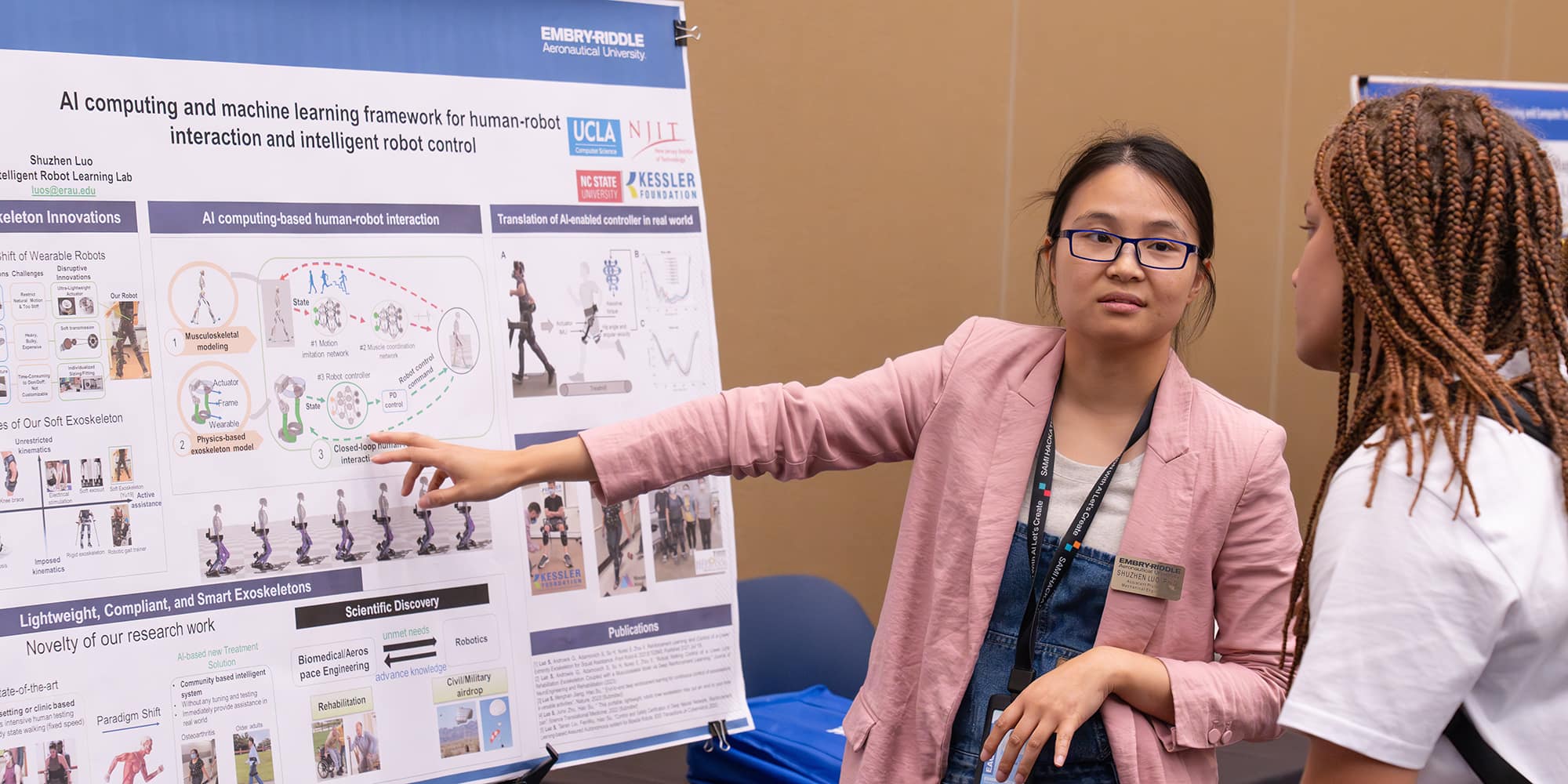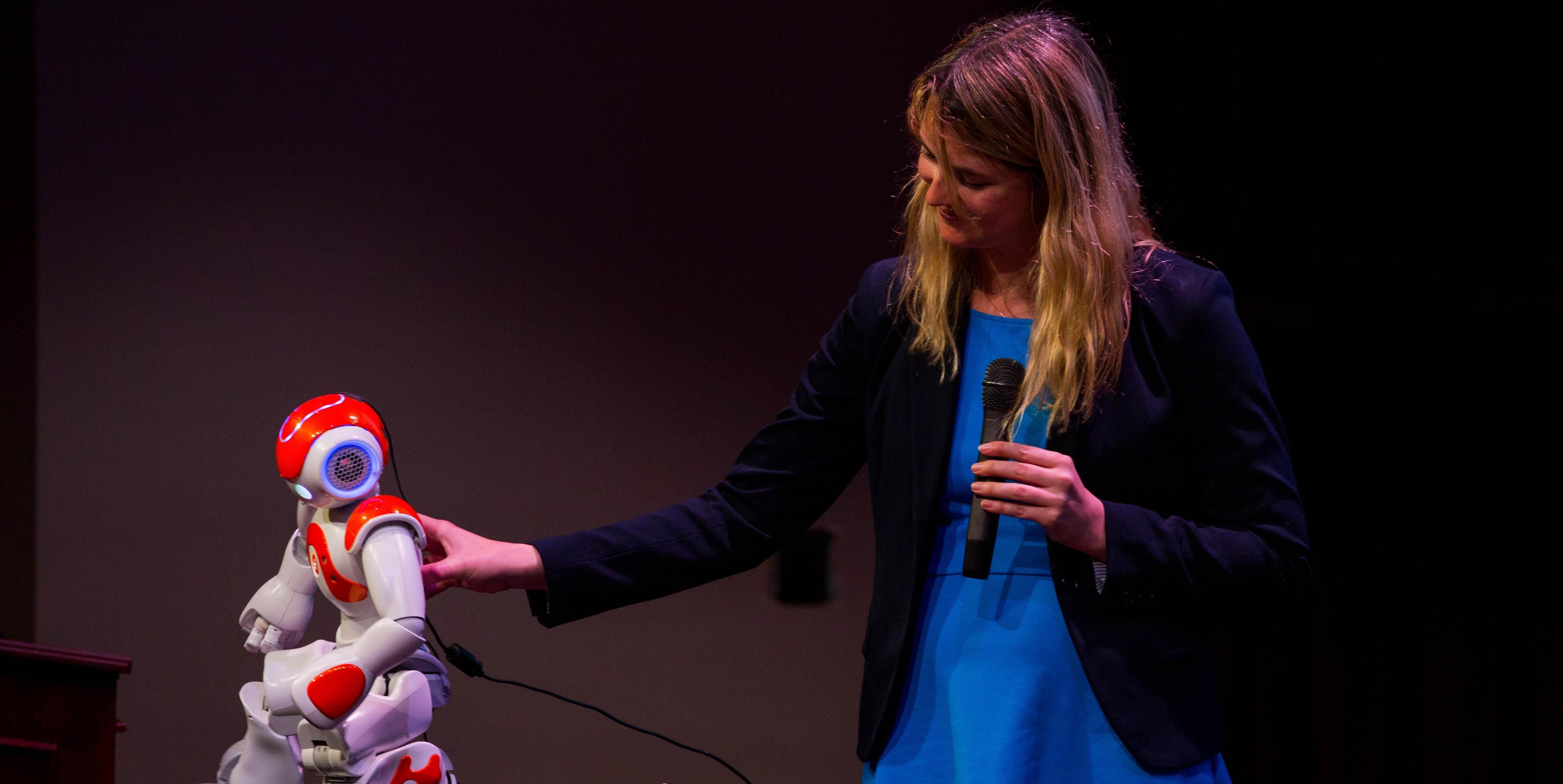

Start Your Future in Artificial Intelligence

What Skills Do I Need to Work in AI?
To work in the field of artificial intelligence (AI), you can start by studying a combination of the following subjects:
- Communication and collaboration
- Data handling and analysis
- Domain knowledge
- Ethics and responsible AI
- Machine learning and deep learning
- Mathematics and statistics
- Natural language processing (NLP) and computer vision
- Problem-solving skills
- Programming skills
- Software development and engineering principles
Remember, the field of AI is interdisciplinary, and having a diverse skillset combining technical knowledge and domain expertise with soft skills like problem solving and critical thinking can greatly benefit your career in AI.
What Degree Should I Get to Work in AI?
There isn’t a single specific degree required to work in AI, as the field is highly interdisciplinary. However, several fields of study can provide a solid foundation for a career in AI:
- Electrical Engineering or Computer Engineering: These majors provide knowledge of hardware components and systems, which can be valuable for understanding the underlying hardware architectures that support AI systems.
- Computer Science: A degree in computer science provides a strong foundation in programming, algorithms, data structures and software development, which are crucial for AI.
- Data Science: This relatively newer field focuses on analyzing and interpreting complex data. A degree in data science often covers topics such as data mining, machine learning and data visualization, which are essential for AI.
- Mathematics/Statistics: Majors in mathematics or statistics offer a strong mathematical background necessary for understanding algorithms, data analysis and machine learning models used in AI.
- Cognitive Science or Neuroscience: These fields study human cognition and brain functions, which can provide insights into designing more human-like AI systems, especially in areas like natural language processing and computer vision.
It’s important to note that regardless of your major, you can supplement your education with relevant coursework, online courses, certifications and hands-on projects in AI.
Additionally, gaining practical experience through internships, research opportunities and personal projects is highly beneficial in this field.
What Jobs Can I Get in AI?
The field of Artificial Intelligence (AI) offers a wide range of job opportunities across various industries. Some of the prominent AI-related job roles include:
- AI Consultant
- AI Ethicist
- AI Product Manager
- AI Research Scientist
- AI Software Developer/Engineer
- Computer Vision Engineer
- Data Scientist
- Machine Learning Engineer
- Natural Language Processing (NLP) Engineer
- Robotics Engineer
These roles may vary in specific responsibilities and required skill sets based on the industry, company size and the nature of AI applications. As AI continues to advance, new job roles and specialties are likely to emerge, creating diverse career opportunities for individuals interested in this field.
What is Embry‑Riddle Doing in AI?
We’ll take it from here, ChatGPT.
Embry‑Riddle has been on the cutting edge of technology in aviation and beyond since 1926. At any given time, there are dozens of student and faculty researchers working on our campuses to develop new methods and tools. We continue to be at the forefront of innovation, and our students and faculty never cease to amaze with their research.
With the assistance of National Science Foundation grants, Embry‑Riddle students and faculty have used AI in their research to:
Additionally, an Electrical Engineering & Computer Science Ph.D. candidate is researching how to use Physics-informed Machine Learning to improve weather forecasting at airports, with the goal of solving issues surrounding flight delays and reroutes. One Computational Math major recently had an internship with Flexjet, helping them develop a sales chatbot using AI.
The applications for artificial intelligence are endless, as are the opportunities to get involved. Check out our applied science and engineering degrees, then get started on your application to launch your journey into artificial intelligence!



